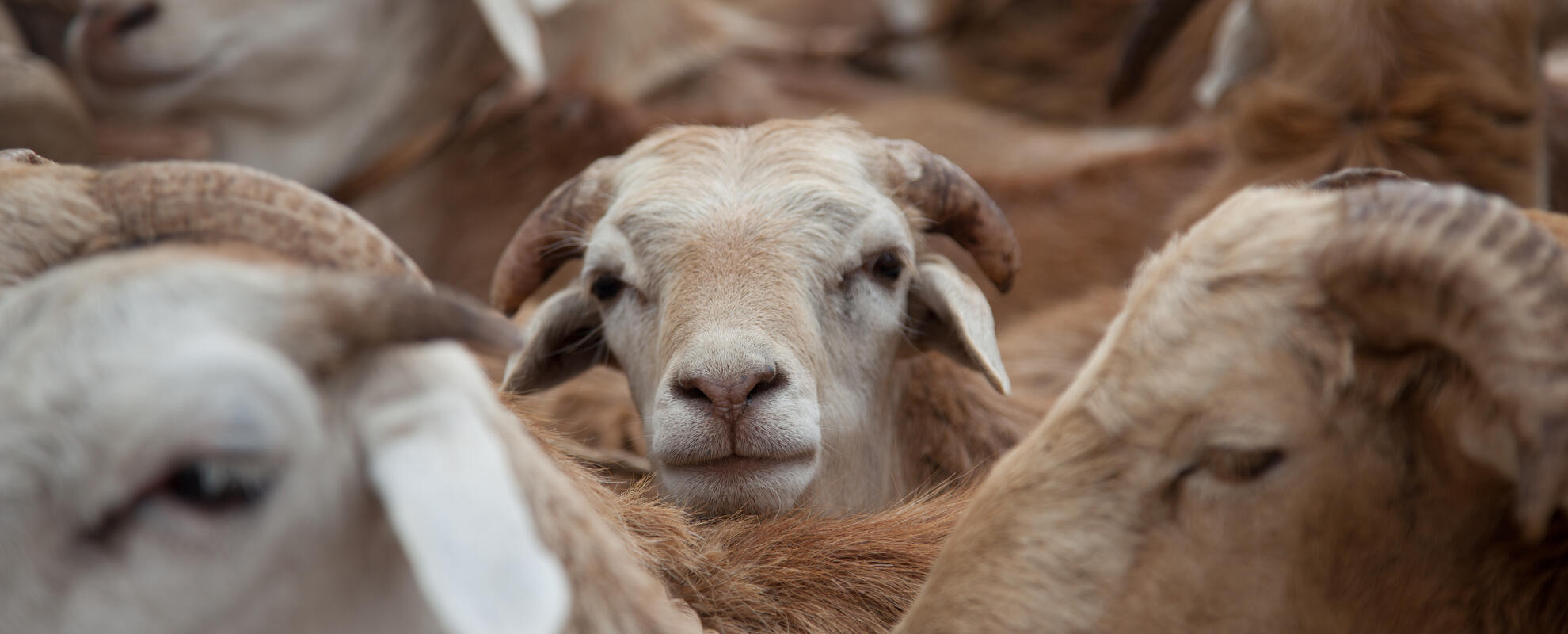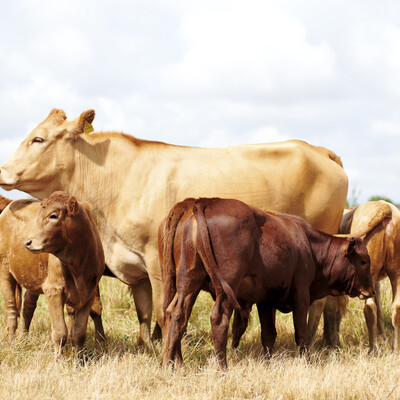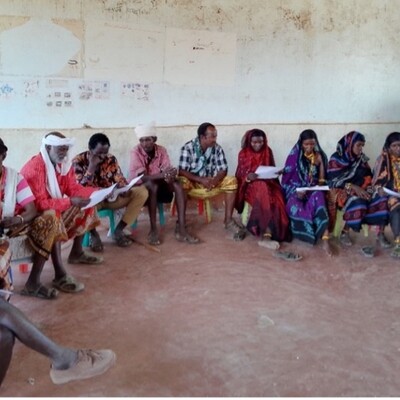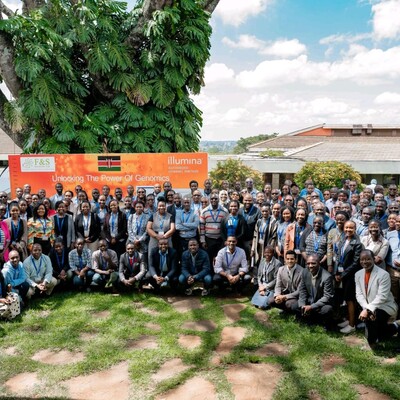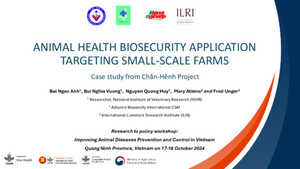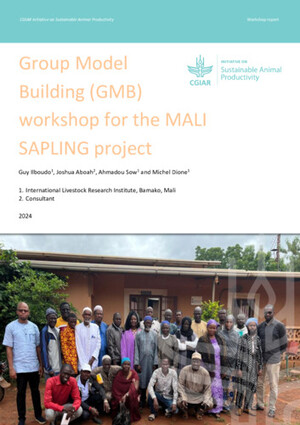
New research partnership to tackle the global problem of #antimicrobialresistance
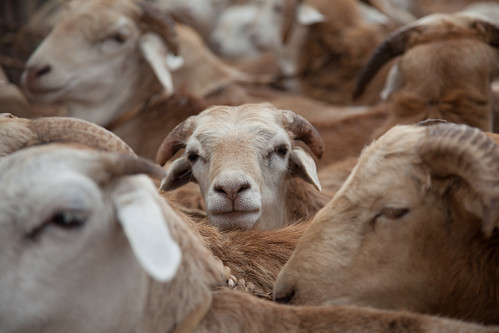 Sheep market in Doyogena, Ethiopia (photo credit: ILRI/Zerihun Sewunet).
Sheep market in Doyogena, Ethiopia (photo credit: ILRI/Zerihun Sewunet).To tackle a growing problem of rising antimicrobial resistance in low- and middle-income countries, CGIAR, a global research partnership for a food-secure future, is forming an international hub to help integrate and channel research and development efforts.
The hub, launched on 21–22 February 2019, in Nairobi, Kenya, will be led and hosted by the International Livestock Research Institute (ILRI).
Antibiotics and other antimicrobial drugs are among the most important tools available to medical and veterinary professionals for curing human and animal diseases and improving their welfare, yet these drugs are increasingly failing. Development of resistance to these drugs in disease-causing bacteria and other microbes poses a major threat to global development; the World Bank estimates that annual global gross domestic product could fall by more than 1 trillion United States dollars (USD) by 2030 because of it.
While the World Bank also estimates that investments of USD 6 to 8 billion annually could mitigate this loss, at present, it seems the antimicrobial resistance problem will get rapidly worse before it gets better. Large quantities of antimicrobial drugs are used to cure human illness and provide healthy livestock and fish for food.
Though specifics are unknown, use of antimicrobials for livestock and in aquaculture, is rising, particularly in low- and middle-income countries. These antimicrobials are often used in suboptimal ways, such as applying dosages too little to be effective or over too long a time period to be environmentally healthy, or the wrong drugs are used, or antibiotics are used for diseases not caused by bacteria. Humans, livestock and fish excrete these drugs, which leads to environmental contamination, including that of water systems.
Globally, the main driver of the growing incidence of antimicrobial resistance in humans is overuse and misuse of antibiotics in human medicine, which applies selective pressure for resistant pathogens. But antimicrobial use in agriculture to control animal and plant diseases also contributes to this growing drug resistance problem, although experts don’t know the contribution of agriculture to the problem in humans.
The greatest challenges and burdens of antimicrobial resistance will be felt by the poorest in poorer countries. While these countries with their rapidly growing populations face the greatest and rising demand for increased food production, their populations also tend to have poorer access to relevant knowledge, veterinary and health services. The countries face challenges in enforcing regulations and understanding and implementing effective antimicrobial resistance surveillance.
With its mandate to improve the livelihoods of poor people, improve food and nutrition security and improve natural resource management through agriculture and food research, CGIAR is ideally positioned to tackle agriculture-related antimicrobial risks in developing countries and to develop, test and promote solutions to mitigate these risks together with its partners.
Like climate change and malnutrition, two other global challenges CGIAR works to address, antimicrobial resistance challenges us to use evidence and find ways to change the knowledge, attitudes and behaviors of people. Any solutions will require combining technical, institutional and policy innovations and leveraging the contributions of different sectors and disciplines, and both public and private actors.
The new CGIAR Antimicrobial Resistance Hub will work to foster learning from past experiences, support research excellence in the global south and ensure a critical mass of coordinated research to find suitable and sustainable solutions. ILRI will be joined in this effort by three CGIAR research programs—Agriculture for Nutrition and Health, FISH and LIVESTOCK—along with three CGIAR centers—the International Food Policy Research Institute, the International Water Management Institute and WorldFish. Together, these seven research programs and institutions with their national partners and partner research organizations outside CGIAR, will support global research efforts among experts the world over—from low- to middle- to high-income countries.
For more information about the CGIAR Antimicrobial Resistance Hub, contact Barbara Wieland at b.wieland@cgiar.org or Delia Grace Randolph at d.randolph@cgiar.org.





